WU-PE-CGS
- Multiple myeloma, cholangiocarcinoma, colorectal cancer
- Washington University in St. Louis
- Grant Number: U2C CA252981
Washington University Participant Engagement and Cancer Genomic Sequencing Center
Washington University in St. Louis
Participant engagement and sequencing research from the Washington University Participant Engagement and Cancer Genomic Sequencing Center (WU-PE-CGS) will fill critical gaps in knowledge, methodology, and characterization of cancer populations with limited research data, leading to optimal approaches to participant engagement, outreach, and communication in genomic characterization studies. The WU-PE-CGS will directly engage with participants in partnership with patient advocacy groups and patient partners to learn more about the genetics of these cancers. These partnerships will help researchers reach and recruit patients, gain input and feedback from people in the community affected by this research, and report back to the community on the results of this research.
Our center will focus on multiple myeloma, cholangiocarcinoma, and colorectal cancer. Little is known about genetic variability in multiple myeloma, a cancer of plasma cells in the blood. Cholangiocarcinoma includes a group of rare, aggressive malignancies in the biliary system which presents challenges in conducting research. For colorectal cancer, certain populations, aged 65 and under, and with limited research data have decreased survival compared to well-studied groups, even when diagnosed at an early stage. The WU-PE-CGS will analyze 100 retrospective and 200 prospective samples for each of these cancer types to better understand the genomics from these populations. These efforts will help researchers, healthcare providers, and the community work together to better understand these diseases with the goal of improving treatment and care.
Project Aims
- Engage participants with continuous evaluation and research to study cancers including multiple myeloma, cholangiocarcinoma, and colorectal cancer.
- Conduct comprehensive genomic testing and follow up participants long term.
- Improve the ability of populations to benefit from genomic sequencing.
- Share findings with investigators, patients, and advocacy stakeholders to broaden understanding of genomic characterizations of tumors.
Leadership

Graham Colditz

Li Ding
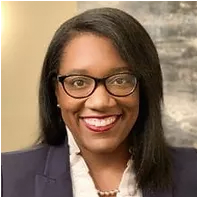
Bettina Drake
Additional Team Members
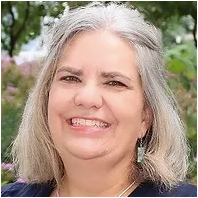
Aimee S James
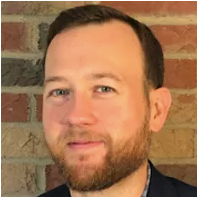
Mark A Fiala

Kian H Lim
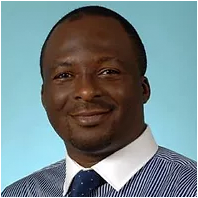
Adetunji T. Toriola

Ravi Vij

Mark A Watson
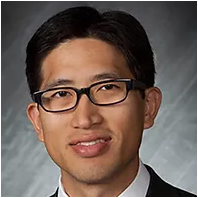
Albert M Lai
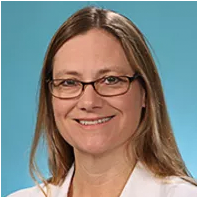
Patricia I. Dickson
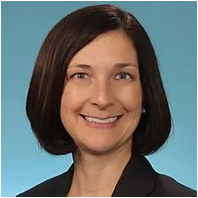
Erin Lynn Linnenbringer

Fei Wan

David Spencer

Yin Cao

Aadel Chaudhuri
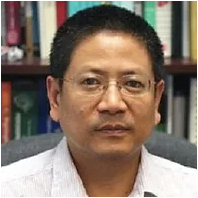
Feng Chen

Eric J Duncavage

Ryan Fields

Reyka Jayasinghe

Michael C Wendl

Matt Wyczalkowski
